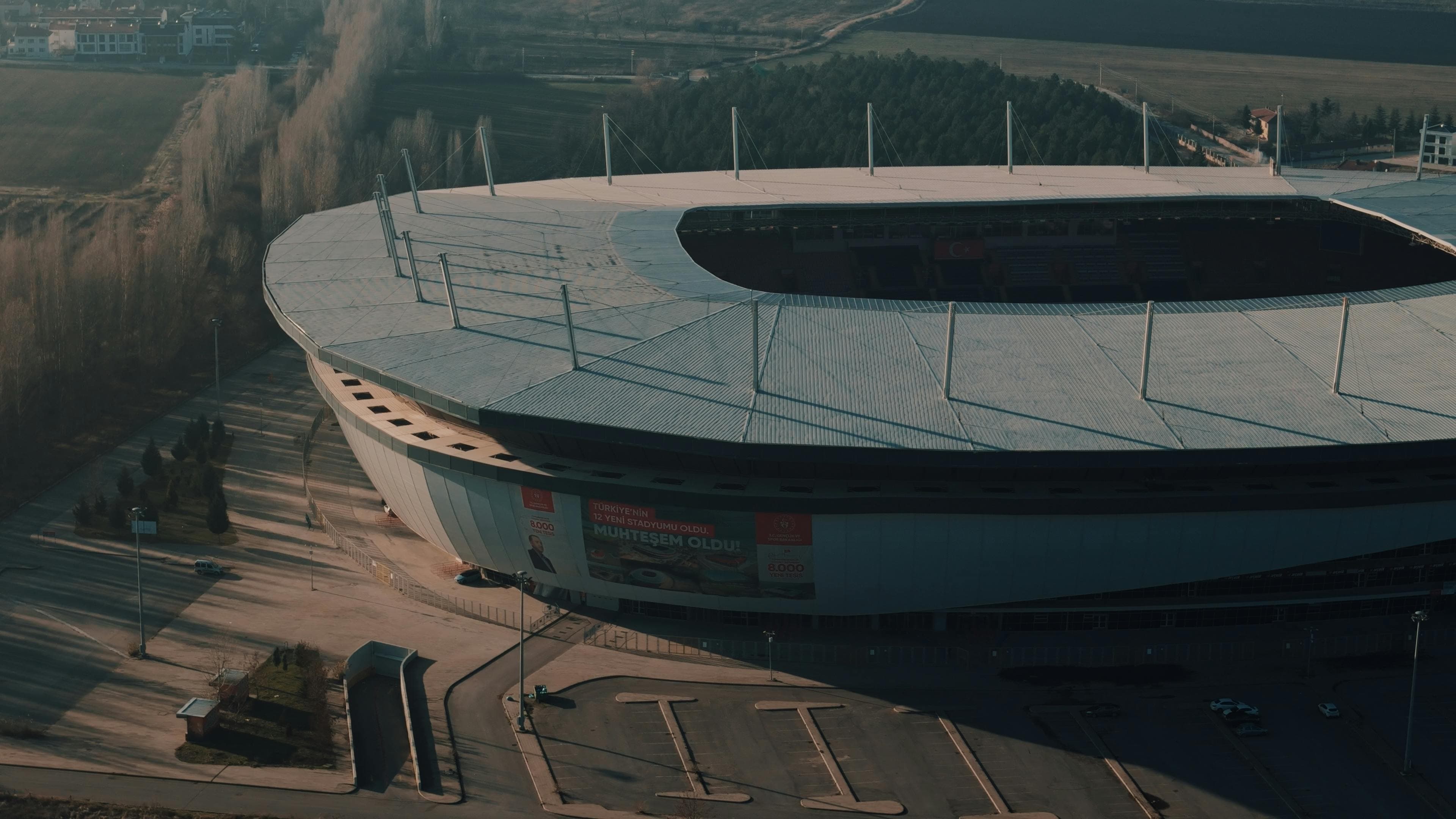Juventus' Strategic Shift: Navigating Leadership and Legacy
As the Italian football season unfolds, Cristiano Giuntoli, Juventus' sporting director, finds himself at the center of a storm. His tenure, aimed at rejuvenating the club's structure and on-field strategies, has been marked by fluctuating fortunes. The club's struggle to secure a Champions League berth has intensified scrutiny on his decisions. Giuntoli, brought in with the mandate to overhaul and modernize Juventus, has faced the formidable task of balancing tradition with innovation.
The managerial merry-go-round has seen Max Allegri replaced by Thiago Motta, who subsequently made way for Igor Tudor. Such frequent changes have disrupted the club’s tactical coherence, leaving fans and analysts questioning the lack of a clear playing identity. Despite significant financial outlay on player acquisitions over the past two transfer windows, the expected team fluidity remains elusive.
In a bid to stabilize the ship, Juventus has shown confidence in Giuntoli's long-term vision. Instead of an immediate dismissal, the club is opting for a strategic augmentation of its leadership framework. The introduction of Giorgio Chiellini, a Juventus legend, into a leadership role alongside Giuntoli, underscores a strategic pivot. Chiellini's involvement is not just a nod to the club’s storied past but also an effort to imbue the current setup with experience and a deeper connection to Juventus’ rich traditions.
This move reflects Juventus' commitment to addressing leadership challenges while ensuring continuity. By integrating Chiellini's legacy with Giuntoli's modernizing agenda, the club aims to forge a path that respects its heritage while embracing the demands of contemporary football. The dual focus on stability and evolution could be the key to navigating this transitional phase, providing a framework for future success both on and off the pitch.





.jpg&w=256&q=75)
